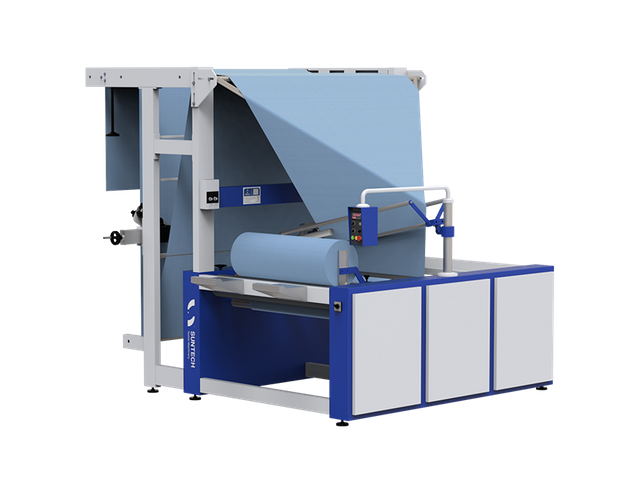The Evolution of Fabric Folding Machines
Fabric folding machines have been a staple in the textile industry for decades, streamlining the process of folding fabrics efficiently and accurately. However, with the introduction of white label solutions, the game has changed entirely. These innovative solutions offer a customizable and versatile approach to fabric folding, catering to the diverse needs of manufacturers worldwide.

Enhancing Efficiency and Productivity
One of the key ways in which fabric folding machine white label solutions are revolutionizing the textile industry is by enhancing efficiency and productivity. By incorporating advanced technologies such as AI and machine learning, these solutions can optimize the folding process, reducing errors and minimizing waste. This not only saves time but also improves overall production output.
Customization and Flexibility
Another significant advantage of white label solutions for fabric folding machines is the level of customization and flexibility they offer. Manufacturers can tailor the software and hardware components to meet their specific requirements, whether it's folding different types of fabrics or accommodating varying production volumes. This adaptability ensures that the machines can seamlessly integrate into existing workflows, enhancing overall operational efficiency.
Cost-Effectiveness and Scalability
White label solutions for fabric folding machines also provide a cost-effective and scalable option for manufacturers looking to upgrade their operations. Instead of investing in expensive proprietary systems, companies can leverage white label solutions that offer the same level of performance at a fraction of the cost. Additionally, these solutions are scalable, allowing manufacturers to easily expand their production capacity without significant upfront investments.
The Future of Fabric Folding
As the textile industry continues to evolve, fabric folding machine white label solutions are poised to play a crucial role in shaping its future. By combining cutting-edge technology with customization and flexibility, these solutions are revolutionizing the way fabrics are folded, setting new standards for efficiency, productivity, and cost-effectiveness. Manufacturers who embrace this innovative approach are well-positioned to stay ahead of the competition and meet the ever-changing demands of the market.



